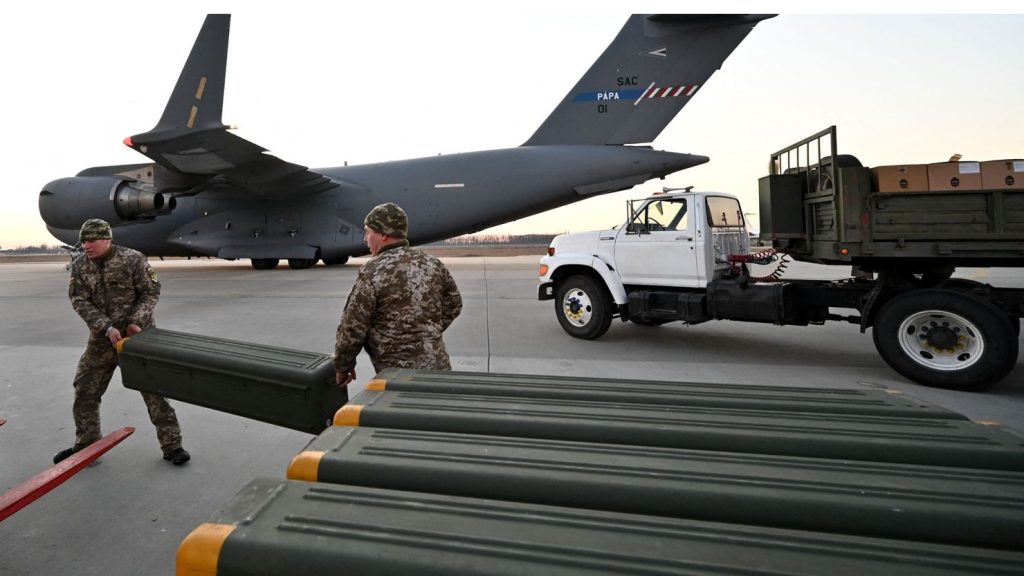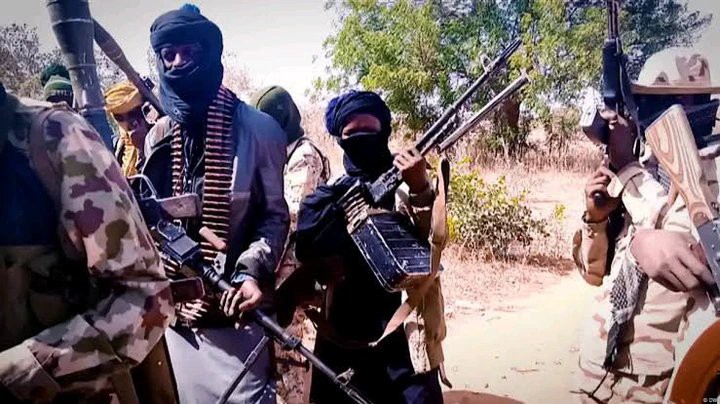News
NAMA clears air on ‘unidentified’ aircraft flying over Aso Rock

The Nigerian Airspace Management Agency (NAMA), at the weekend laid to rest claims by some aviation enthusiasts that some aircraft were flying over Aso Rock undetected by the surveillance equipment which provides radar coverage for the country’s airspace.
The agency said the country’s entire airspace does not lack radar coverage as reports suggesting otherwise were not not only misleading, but false and a misrepresentation of the state of facilities for the detection of aircraft in flight in Nigeria.
Its Managing Director, Ahmed Umar Farouk dismissed the claim affirming that the radar stations in Nigeria : Kano, Lagos, Abuja, and Port-Harcourt are serviceable.
He said radar services for Terminal and Enroute flights are positively identified and provide air navigation services to airspace users.
He stated that the Total Radar Coverage of Nigeria otherwise known as TRACON like any other electronics system, is undergoing an upgrade of software and modernisation to meet the ever-growing demand for efficient, effective and seamless air traffic management services.
The TRACON project , he said, is a major facility, which has eased air navigation and the surveillance of the Nigerian airspace and also enabled real-time search and rescue operations within the country’s airspace.
At the weekend, a blogger had appeared on television stations claiming that an unidentified aircraft was spotted flying around the Presidential Villa in Abuja undetected.
In a swift reaction, the Nigeria Civil Aviation Authority (NCAA) had affirmed that there was no security threat to Aso Rock, Nigeria’s seat of power.
The NCAA in April issued a stringent warning to all aircraft operators after receiving a report from the office of the National Security Adviser about an unknown aircraft flying over the Presidential Villa (DNP4).
The “unknown aircraft” (DNP4) which flew over the Presidential Villa in Aso Rock, Abuja, causing panic for government officials.
The aircraft was later identified to be on the fleet of Max Air.
But Farouk stated that the reported “unidentified” aircraft is a security terminology.
He said in real terms, the aircraft in question is known, but only to the air traffic controllers, stressing that the violation was in the interest of safety, as a result of adverse weather or serious thunderstorm on the said date.
The NCAA in circular to airlines last month cautioned them to be guided from straying into the marked and published prohibited or restricted areas of the Nigerian airspace.
The NAMA boss said : “It is obvious that the blogger in question does not understand the workings of the surveillance systems, hence his misconstrued and misguided information on Primary and Secondary Radar. The agency shall willfully volunteer information on her services to anyone who requires them at any time.”
He said NAMA remains committed to its responsibility to provide safe, effective, economic, and efficient air navigation services in Nigeria. The existence of robust, effective civil/military coordination and collaboration guarantee a secured airspace and air navigation.
He declared : “We are pleased to say that the Nigerian airspace is safe and secured.”
In April, NAMA and the Department of State Services (DSS) held crucial talks targeted at addressing recent airspace violations in the country especially in the Federal Capital Territory, Abuja.
During the deliberations, both agencies emphasized the essence of maintaining safety and security standards within the Nigerian airspace, as well as adhering to International Civil Aviation Organization (ICAO) guidelines, particularly those outlined in Section 4444 of the Procedures for Air Navigation Services – Air Traffic Management (PANS-ATM). These guidelines establish standardized procedures to ensure the safe, efficient, and orderly flow of global air traffic.
The meeting which held at the DSS headquarters, Abuja became imperative on the heels of recent encroachments of No-Fly Zones by airlines operating in the nation’s airspace given that violations of prohibited areas pose significant risks to aviation operations and national security.
At the said meeting, NAMA’s Managing Director said :” The meeting was key in educating airlines and pilots about adhering to established protocols, listening attentively to air traffic controllers, and maintaining stringent security measures.”
“Ensuring the safety, efficiency, and reliability of air travel within our airspace is our primary mission.
Strict adherence to the International Civil Aviation Organization (ICAO) guidelines, particularly those outlined in Section 4444 of the Procedures for Air Navigation Services – Air Traffic Management (PANS-ATM) as domesticated by Nigeria Civil Aviation Authority in the Nig. CARS Part 14(2023), security protocols, and the no-fly zones designated in the AIP is sacrosanct.”
The NAMA boss called for strict adherence to the prohibited designated and NOTAMed no-fly zones as published in the Aeronautical Information Publications (AIP) as this was critical in ensuring the security and safety of air navigation in the country.
In his remarks, the DSS Director of Security Enforcement Steve Ojelade noted that no-fly zones were non-negotiable, stressing that any violations by airspace users could attract severe consequences, including potential military intervention to safeguard national security assets.
For Diaspora Digital Media Updates click on Whatsapp, or Telegram. For eyewitness accounts/ reports/ articles, write to: citizenreports@diasporadigitalmedia.com. Follow us on X (Fomerly Twitter) or Facebook











